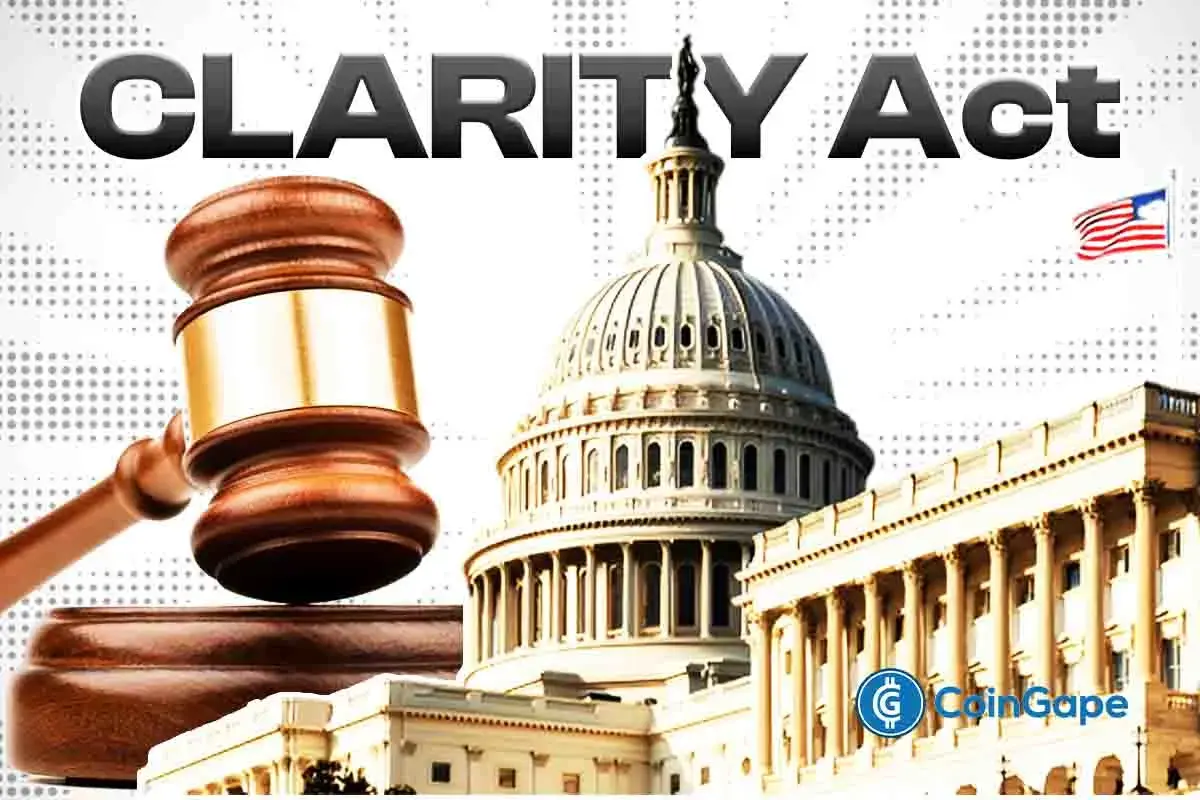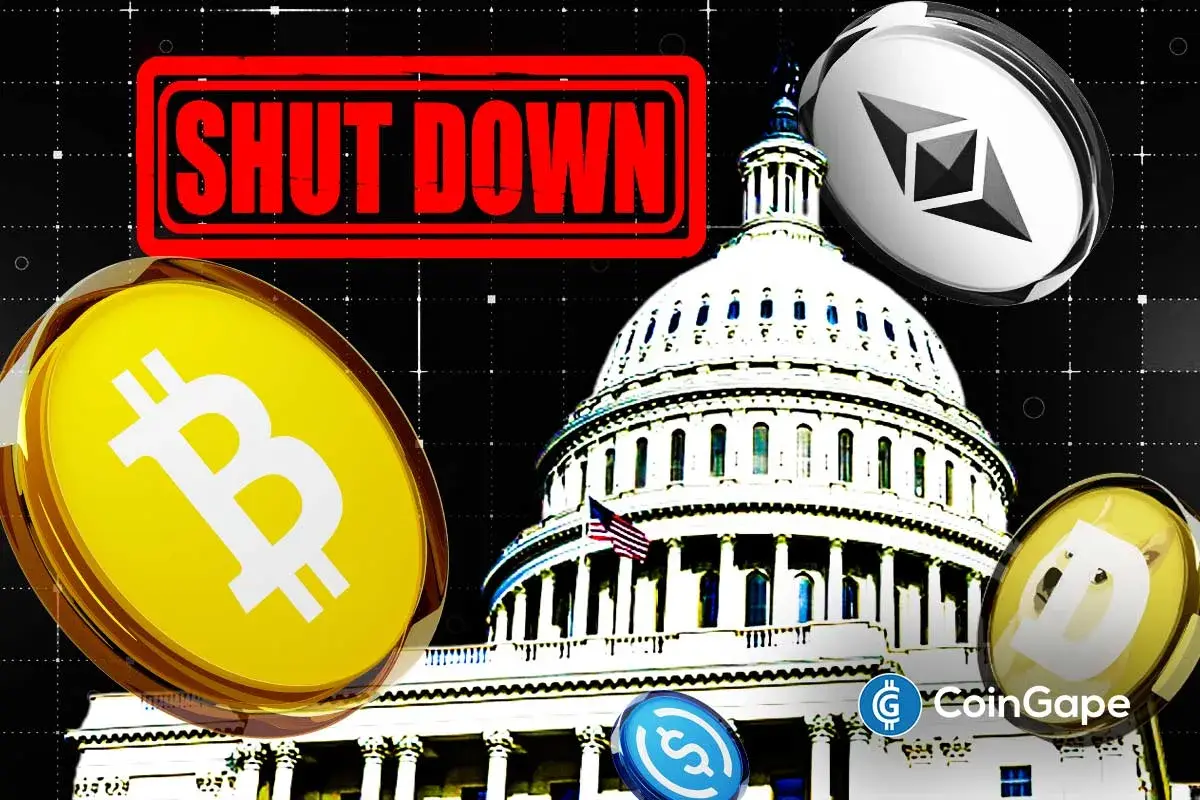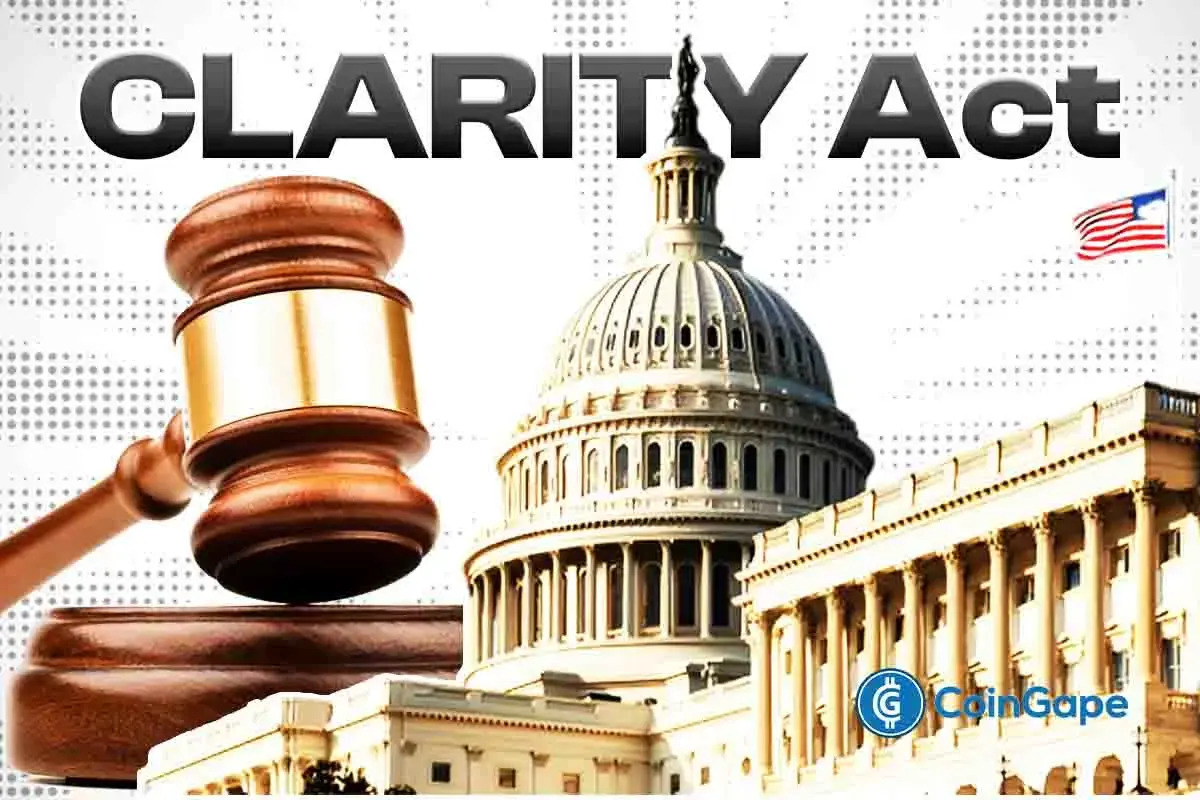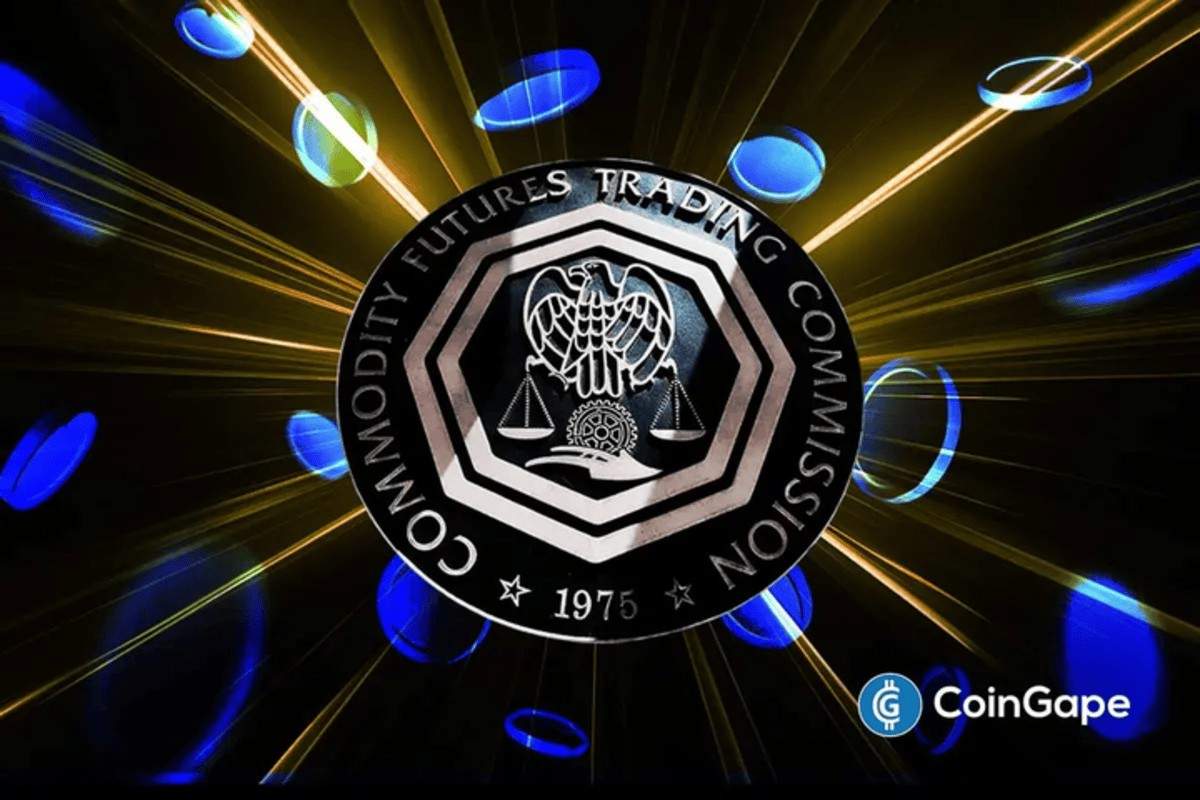Crypto Stakeholders Push Back as Banks Seek Yield Ban Provision in CLARITY Act

Highlights
- Senate reviews CLARITY Act as banks push to expand stablecoin yield restrictions.
- Armstrong warns banning rewards benefits banks while limiting consumer crypto earnings.
- Blockchain Association urges lawmakers to treat GENIUS Act provisions as settled law.
A dispute between crypto stakeholders and traditional banks has reemerged as lawmakers in the Senate review the proposed CLARITY Act. At the core of the debate is a provision that banking industry members want added, which would ban rewards or yields on stablecoins offered through crypto platforms.
The debate follows the earlier passage of the GENIUS Act, which was signed into law in July and addressed multiple aspects of digital asset regulation. That law included terms restricting stablecoins from channeling bank deposit interest. However, banks now argue the restriction should extend directly to exchanges, an idea that crypto advocates say invalidates what Congress already settled.
Lobby For The Yield Ban In The CLARITY Act
In an X post, Coinbase CEO Brian Armstrong revealed that large banks are lobbying to overturn provisions that protect consumers’ ability to earn yield on digital assets, such as USDC. He stated that attempts to revisit restrictions on stablecoin rewards contradict the legislative intent of the GENIUS Act.
I've never been more bullish about clear rules for crypto. It’s obvious that market structure is a freight train that's left the station.
But that hasn't stopped the big banks from coming for another handout – this time paid by your crypto rewards. They want to undo your right… pic.twitter.com/hmPYmagDhj
— Brian Armstrong (@brian_armstrong) September 29, 2025
Furthermore, the Coinbase CEO described the market structure legislation currently in the Senate as a major next step, noting that it already has bipartisan support in the House. Armstrong warned that including yield prohibitions would amount to bailing out banks with record profits at the expense of consumers.
He stressed that tens of millions of Americans have used crypto and view rewards as part of the value proposition. His comments framed the push as a test of whether lawmakers would uphold measures already codified.
This development comes amid the delay in the CLARITY Act markup due to a looming government shutdown. The markup will now take place next month, before the bill heads to the Senate floor, although it remains uncertain whether the bill will pass this year.
Crypto Group Launches Campaign Against Bank Lobby
The lobby from banks to include a yield prohibition for exchanges in the CLARITY Act has led to an organized response from the crypto industry. Journalist Brendan Pedersen revealed in an X post that the Blockchain Association has launched a public campaign to “defend the GENIUS Act.”
In a letter to Senate Banking Committee Chair Tim Scott and other congressional leaders, CEO Summer Mersinger argued that the GENIUS Act’s provisions should be considered “settled law.” The letter urged lawmakers not to reopen debates that they had already resolved during negotiations earlier this year.
Bank advocates argue that stablecoin yields could operate like bank deposit interest and possibly withdraw funding from the traditional financial system. The Bank Policy Institute has been among the organizations urging Congress to extend prohibitions beyond issuers to exchanges.
- Will Bitcoin Crash Again as ‘Trump Insider’ Whale Dumps 6,599 BTC
- XRP News: Ripple’s RLUSD Gets Boost as CFTC Expands Approved Tokenized Collateral
- Crypto Markets Brace as Another Partial U.S. Government Shutdown Looms Next Week
- $40B Bitcoin Airdrop Error: Bithumb to Reimburse Customer Losses After BTC Crash To $55k
- ETH Price Fears Major Crash As Trend Research Deposits $1.8B Ethereum to Binance
- Cardano Price Prediction as Midnight Token Soars 15%
- Bitcoin and XRP Price Outlook Ahead of Crypto Market Bill Nearing Key Phase on Feb 10th
- Bitcoin Price Prediction as Funding Rate Tumbles Ahead of $2.1B Options Expiry
- Ethereum Price Outlook as Vitalik Buterin Sells $14 Million Worth of ETH: What’s Next for Ether?
- Solana Price at Risk of Crashing Below $50 as Crypto Fear and Greed Index Plunges to 5
- Pi Network Price Prediction Ahead of PI KYC Validator Reward System Launch
















